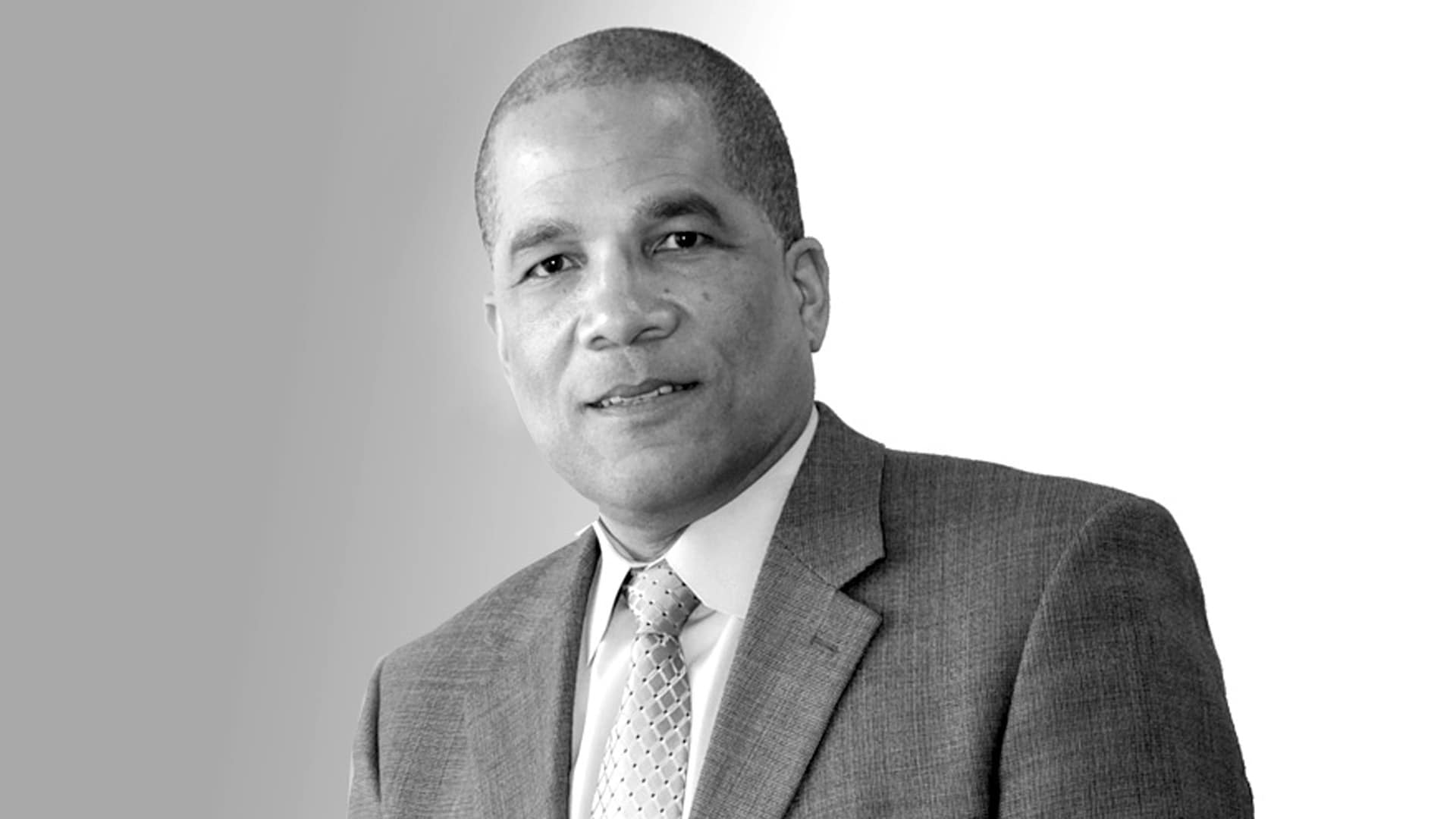
They’re called flashbulb memories. It’s the recall of something shocking or surprising that creates a strong and seemingly accurate, detailed “snapshot” of a moment in which a consequential, startling, and emotional piece of news was learned.
I recall a flashbulb memory when I learned about the assassination of Martin Luther King, Jr., on April 4, 1968, while he was standing on the balcony outside his room at the Lorraine Motel in Memphis, Tennessee. He was 39 years old.
A native of California, I was attending school at the then West Indies College in Mandeville, Jamaica, now Northern Caribbean University. The 4/4/68 memory is a vivid emotional recall. It will always be with me. I was a teenager, and I remember huddling that night with my siblings and a few other friends, trying to make sense of the tragedy. We sought to find mental footing at a time when the burden of being Black was a weight that King and many others were heroically trying to lessen.
In 2022, we’re still at a time when racism, discrimination, and blatant inequities raise their ugly heads to confront society. There’s a need for reconciliation-and-healing champions now. What can we do to improve relations, conditions, and the climate between peoples and groups? How can we more closely approach the challenge Christ left for us to “love one another” (John 13:34, 35)? What can we do to move outside our comfort zones to confront the demon of selfishness, power holding, and institutional insensitivity?
We are still at a time when racism, discrimination,
and blatant inequities raise their ugly heads to confront society.
While the glare of the 4/4/68 flashbulb memory is still vivid, more immediate is the continuing impact of King’s life and what it means today. Here are three challenging flashbulb applications that we can implement today:
Be Perceptive: Tensions may be inevitable as you seek to change the status quo. King once said: “True peace is not merely the absence of tension; it is the presence of justice.”1 People, especially leaders, understandably want peace, and they like to claim that. But with the peace they claim, is there objective fairness and an environment of equity?
Be Committed: Reconciliation requires strong, resilient people. The journey to loving equity will take your strength, resolve, and methodical thinking; and it may cost and get you into conflict with the powers that be.
Be Sacrificial: Redemptive suffering holds transformational power. King lived and died understanding that the most important anchor of nonviolent change is the power of undeserved suffering. The advocate for righteous change must be willing to accept retaliation, even violence, if necessary, but they’re determined not to inflict violence or promote hate. They know—bearing in mind the example of Christ—that suffering for a good cause is salvific and has the power to change hearts and minds.
April 3, the day before the assassination, King gave his final sermon, saying, “We’ve got some difficult days ahead. But it really doesn’t matter with me now. Because I’ve been to the mountaintop. . . . And He’s allowed me to go up to the mountain. And I’ve looked over. And I’ve seen the promised land. I may not get there with you. But I want you to know tonight that we, as a people, will get to the promised land.”2
Add this hopeful closing to your flashbulb memory.
Delbert W. Baker, Ph.D., is the director of Research and Development for the Office of Regional Conference Ministries/Retirement Plan based in Huntsville, Alabama.
1https://www.nps.gov/mlkm/learn/quotations.htm
2 https://www.afscme.org/about/history/mlk/mountaintop